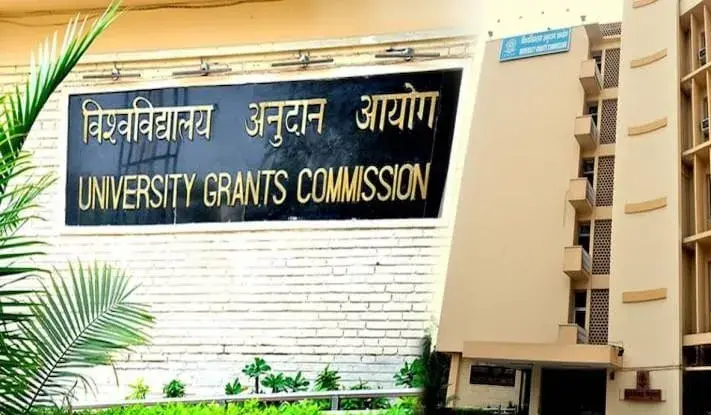UGC Unveils Regulations Allowing Top Global Universities to Establish Campuses in India
The University Grants Commission (UGC) has recently released regulations allowing foreign universities ranked among the top 500 globally to establish branch campuses in India. This comes shortly after Australia’s Western Sydney University announced plans for an independent campus in Bangalore. The new regulations empower these foreign institutions to determine their admission processes, fee structures, and facilitate the repatriation of funds to their parent campuses. The guidelines stipulate that two or more foreign universities can collaborate to establish campuses in India, provided each institution individually meets the eligibility criteria. Additionally, a foreign university is permitted to set up multiple campuses in India, with a separate application required for each proposed location. The final regulations, released after a 10-month period of public feedback on the draft, include several modifications. Notably, foreign universities must ensure that international faculty members appointed to teach at Indian campuses stay in the country for at least one semester. The processing time for applications by the standing committee has been extended from 45 to 60 days, and recommendations must be presented to the UGC within 60 days. The regulations also specify that foreign universities cannot establish learning centers, study centers, or franchises that act as representative offices for promotional activities in India or any other jurisdiction outside the country without prior approval from the UGC. Moreover, the regulations prohibit the offering of programs online or in open and distance learning modes, except for online lectures, which should not exceed 10% of the program requirements. Foreign institutions are exempt from annual fees to the UGC, only requiring a one-time application fee. They are expected to use their own infrastructure, land, and resources to establish campuses. Additionally, foreign universities may offer full or partial merit-based or need-based scholarships and fee concessions to Indian students on their campuses. While these regulations align with the National Education Policy of 2020, which aims to create a legislative framework for top global universities in India, previous attempts, including those by the UPA government, faced opposition from parties such as the BJP and the Left when they were in the opposition.
UGC Unveils Regulations Allowing Top Global Universities to Establish Campuses in India Read More »

